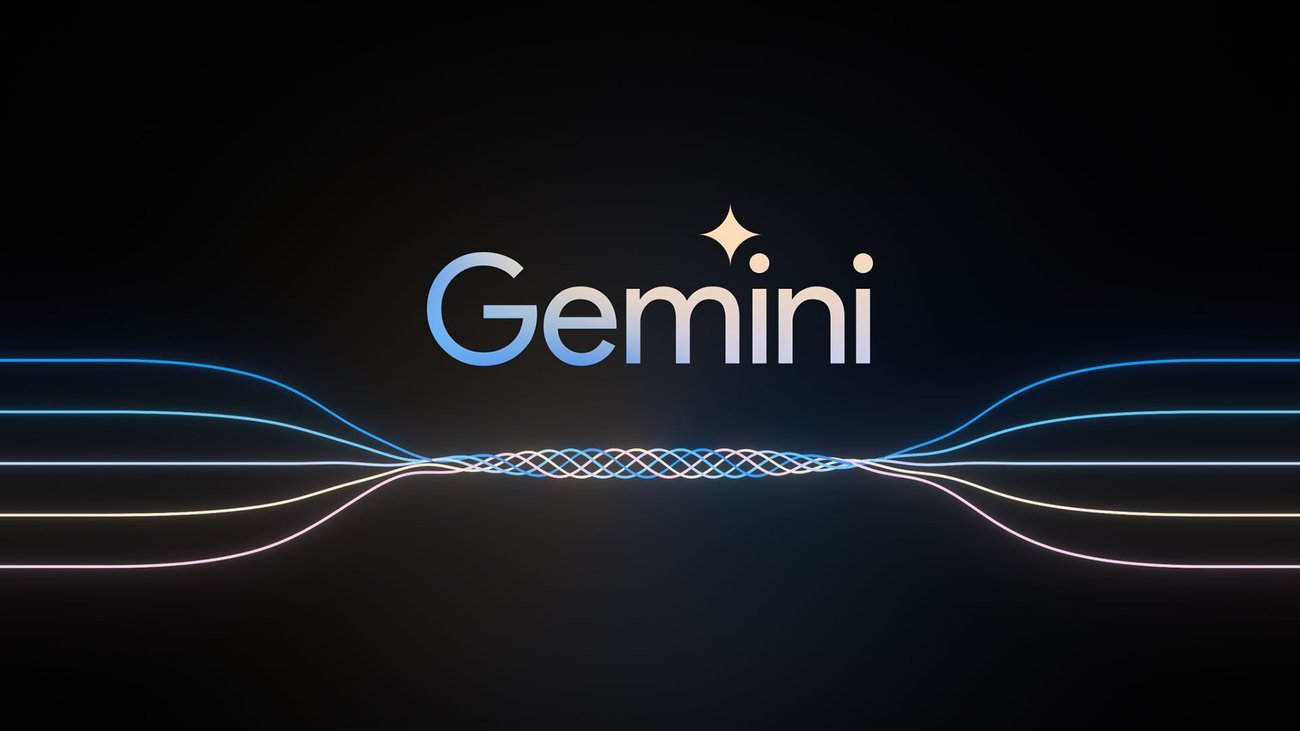Android users who have been experimenting with Google’s advanced AI model, Gemini, have encountered a frustrating limitation: the app’s inability to identify songs. This shortcoming stands in stark contrast to the broad capabilities of Gemini, which has been designed to revolutionize how users interact with AI across various platforms, including mobile devices.
Key Highlights:
- Gemini’s introduction marks a significant leap in AI development, offering optimized versions (Ultra, Pro, and Nano) for a range of tasks.
- Despite its advanced multimodal capabilities, handling text, code, audio, image, and video, Gemini on Android falls short in song identification.
- Gemini Advanced and its mobile app extension aim to enhance user interaction with AI, yet song identification remains a notable gap.
Introduction to Gemini
Gemini, heralded as Google’s most capable AI model to date, was introduced with great fanfare. Spearheaded by Google DeepMind, Gemini represents a monumental effort in AI development, aiming to provide users with an AI that feels more like an expert assistant than mere software. This AI model is distinct for its multimodal capabilities, meaning it can process and understand a variety of information types, including text, audio, and images, simultaneously.
The Song Identification Challenge
Despite its impressive capabilities, Gemini’s application on Android devices has shown a glaring deficiency in its ability to identify songs. This limitation is particularly puzzling given the AI’s advanced understanding and processing abilities across multiple information types. Users have expressed their frustration over this shortfall, noting the stark difference in functionality compared to other platforms where song identification is a standard feature.
Gemini Advanced and Mobile App: Expanding Capabilities
In response to the demand for more sophisticated AI tools, Google launched Gemini Advanced along with a mobile app, providing access to the Ultra 1.0 model. This version of Gemini is touted for its superior performance in complex tasks, including coding, logical reasoning, and creative collaboration. However, despite these advancements, the provision for song identification remains conspicuously absent.
AI technology continues to evolve, it’s conceivable that future updates to Gemini or related Google services could address this gap, integrating broader functionalities that encompass song identification and beyond. For the time being, users looking to identify songs on Android devices might need to rely on existing services like Google Assistant’s song identification feature or third-party apps dedicated to music recognition.
Conclusion: A Gap in the Melody
Gemini’s journey represents a significant stride in AI development, showcasing an AI that can process and understand a myriad of information types at an unprecedented scale. However, the inability to identify songs on Android devices underscores a gap in its otherwise impressive array of functionalities. As users continue to explore Gemini’s potential, it’s clear that for an AI designed to act as an expert helper across various domains, mastering the art of song identification is an essential step forward. This limitation not only highlights the challenges of creating truly versatile AI models but also the importance of continuous improvement and adaptation to user needs and expectations.







